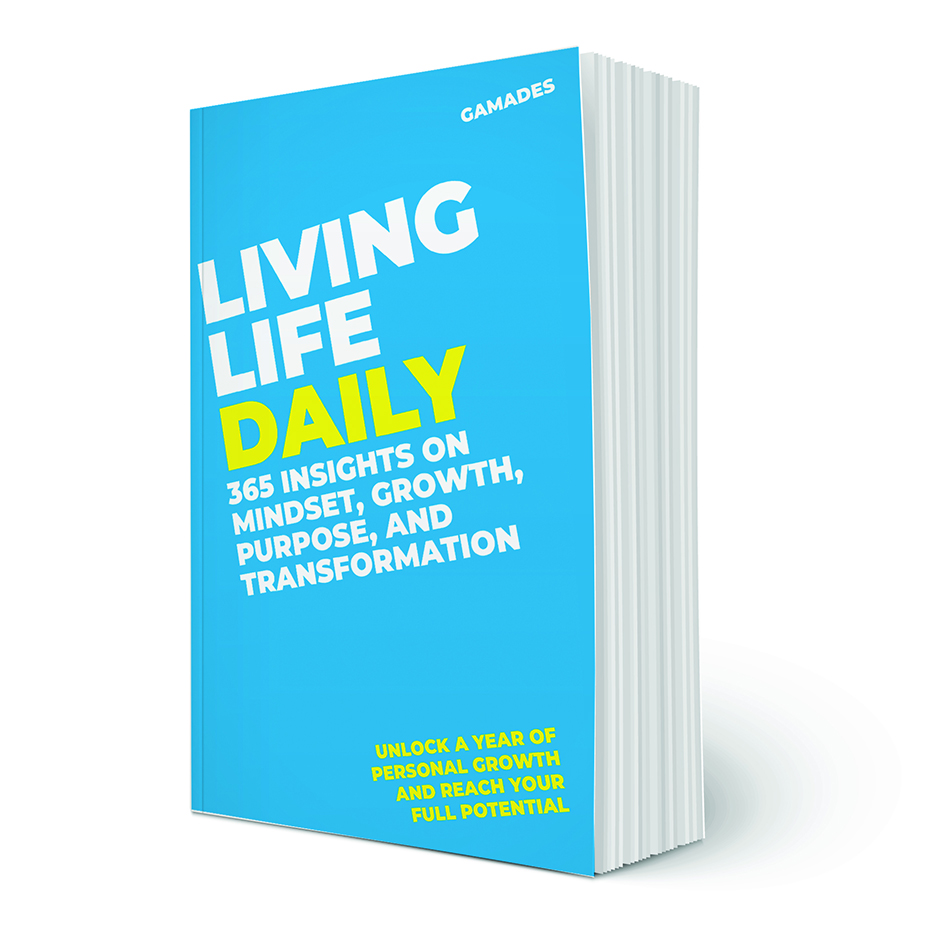“I finally had to quit watching the news.”
I had a great conversation with a friend the other day about all of the uncertainty in the world. They were right. For many, the world feels uncertain right now. There’s a lot happening—some of it overwhelming, most of it out of our control. Depending what “side” you fall on, it’s either exciting or scary or both at the same time. But here’s a reality check… As uncertain as things may seem, we’re often fueling that uncertainty with the content we consume.
And another reality check? We’re being played.
The news we watch, the social media we scroll, and the headlines we click on aren’t just informing us—they’re designed to keep us hooked. That’s not an accident.
The Attention Game
Mayo Clinic’s Adam S. Anderson, a clinical psychologist, unpacked this idea on a recent episode of the Mayo Clinic Health Matters podcast. “News outlets, and particularly social media, are geared toward showing things wherein the more attention they catch, the more advertising it brings. They’re doing things that will catch people’s attention… A part of what we know is that when we are exposed to negative things in the news, it creates an emotional response for us. The more that we engage in that, the more likely we are to get caught in a negative cycle.”
Our brains are wired for survival, which means we instinctively focus on threats. News outlets know this. Social media algorithms know this. And they’re using it to keep us engaged—not necessarily to keep us informed.
When News Hurts More Than It Helps
Dr. Allison Holman’s research shows how this plays out in real life. Following the Boston Marathon bombing, she studied how media consumption affected people’s mental well-being. The results were shocking. People who spent six or more hours consuming news about the attack showed higher levels of acute stress than many of those who had actually been there in person.
Think about that. People who watched the event unfold from miles away, through their screens, experienced more distress than some of those on the ground. That’s the power of media exposure—it doesn’t just inform us. It shapes our emotions, our stress levels, and our sense of security.
The Negativity Bias Trap
Dr. Anderson adds another layer to this. “Within the news, we notice there’s a negativity bias. Our minds pick up the negative more easily than they pick up the positive. If we’re already experiencing depression or anxiety, these can be triggered. This can be part of a downward spiral. The way the news often presents extremes—really drawing our attention—can activate and reinforce what we’re already feeling.”
It’s not just about what’s happening in the world. It’s about how our constant exposure to negativity affects us.
Your Brain Wasn’t Built for This
Stress and anxiety aren’t inherently bad. They’re survival mechanisms designed to protect us. The problem? We weren’t meant to live in a 24/7 state of stress.
Our fight-or-flight response is supposed to kick in when needed and release when the danger is gone. But today, the danger never “goes away”—because the news and social media keep feeding it to us, nonstop.
Three Questions to Ask Yourself
Dr. Anderson suggests filtering your media consumption with three simple but powerful questions:
- Does this increase my worry?
- Does this make me feel more emotionally charged or fearful?
- Does this leave me feeling more distressed or hopeless about the future?
If the answer to any of these is yes, it might be time to take back control. Limit your exposure. Step away from the negativity loop. Be intentional about what you consume—because what you consume consumes you.
The Takeaway
Choose your inputs wisely. We can’t control everything happening in the world. But we can control how much we let it consume us. We can choose to unplug. We can set boundaries. And we can seek out balanced perspectives that inform us without drowning us in fear.
Ready for more?

If you liked this, then you might be interested in my new book, Living Life Daily. Designed to motivate and challenge you every day, this book offers 365 thought-provoking prompts that will push you to reflect, take action, and embrace meaningful change. Whether you’re striving to set clearer goals, build resilient habits, or cultivate a winning mindset, each daily entry is packed with wisdom and practical advice to help you take small steps toward big results. Find it here!
You’ll also get massive value out of the Grit Meets Growth podcast that I share with Chris Cathers. It’s for people who want more out of life… at work, at home, in their relationships, and in their health and wellness. Find it here or on your favorite podcast platform! – John






